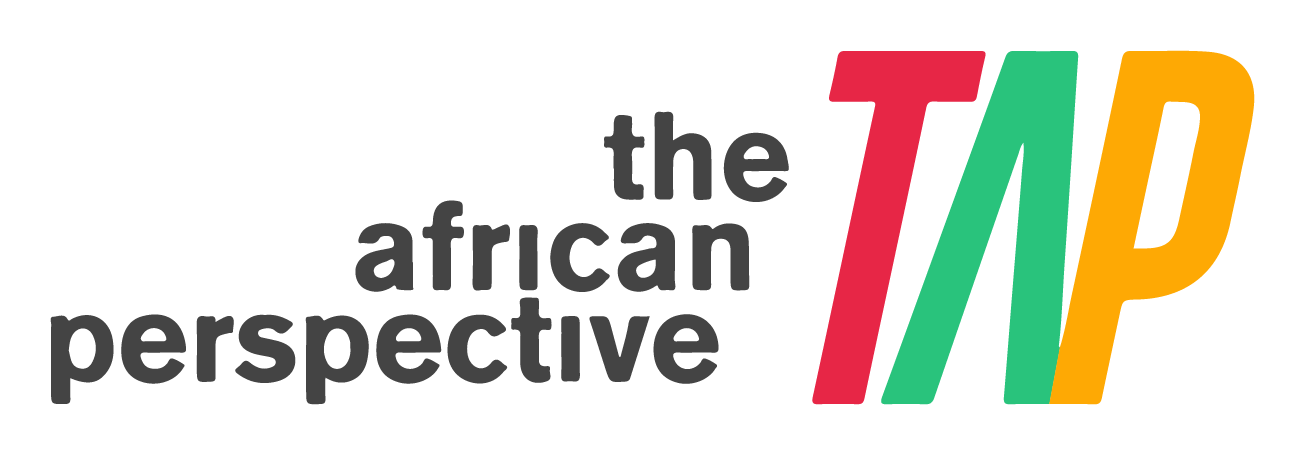Bank on Me: Breast Milk Donations to Help Vulnerable Kids
When a local media station aired the story of Phylis Mwanthi, a breast milk donor at Angels Center for Abandoned Kids in Nairobi, it ended with unintended repercussions as the government restricted the practice at the Center and assumingly, other ‘informal’ milk banks. The Center, which has 13 infants who relied on such donations, is now forced to look for alternatives to the donated breast milk.
The importance of breast milk to infant nutrition is second to none. In fact, WHO in acknowledging the same has encouraged exclusive breastfeeding and skin-to-skin practice to reduce infant mortality rates and donated breast milk as the first alternative for premature babies and low birth weight babies. A move that has since seen over 600 milk banks open up in more than 60 countries globally. Kenya is among those countries having opened the first milk bank within the Eastern Africa region in 2019 at the Pumwani Maternity Hospital.
“Exclusive and frequent breastfeeding in addition to skin-to-skin contact and support for the mother-infant dyad has been shown to reduce mortality.”
While this is the country's first formal milk bank, breastmilk donations have existed for centuries. Women have been known to support fellow moms with low milk supply by breastfeeding their babies, a practice called 'wet nursing. The practice has since faded down though historically, it was recorded to be more common among polygamous families where a co-wife would fill in after the death or illness of the mother to the child. Health practitioners, however, advise against it as a donor can easily transmit a disease to the infant with the unregulated practice.
When Wangeci Kihara reached out to Angels Center, she explains that she had to go get screened first before making a donation. At her own cost, she got tested for Hepatitis, Syphilis, HIV, and other diseases that can be transmitted through body fluids. Upon getting cleared by the doctor, she started her donation journey, giving to the center as well as her nephew whose mother was too sick to breastfeed. This saw her donate about 150 liters of milk.
During her first visit to the center, she met a sickly child who was approximately the same age as her newborn son and it tugged on her heart. She donated around 20 liters to start with which ended up feeding about five infants, a move that encouraged her to donate more for the orphaned infants. Her choice to donate at the center over Pumwani was due to the fact that the infants there were orphaned and needed all the help they could get.
There is no legal framework on breast milk donations in the country seeing that formal milk donation is still quite new in the country. It is therefore hard to determine what authority was exercised in putting the ban over milk donation at Angel’s Center though they cited Pumwani Maternity as the recommended donation center. This ban ultimately means that the center will now have to acquire baby formula which costs an average of Ksh 1500 per can. One can of formula feeding the thirteen infants can barely last three days meaning the center is now forced to realign its finances and make some sacrifices in order to cater for this huge yet crucial expense yet they are not an income-generating space and rely entirely on charity.
At a time when blood donors can simply walk into a hospital and make their donation, Pumwani Maternity Hospital carries out recruitments whereby only selected women from their maternity ward with excess supply are asked to make a donation of their excess milk to the milk bank. They are then screened for diseases and when cleared, they are taken to the milk bank to express from there. The milk donated is only accessible to the children in the hospital’s newborn unit. In doing so, they not only lockout willing donors such as Wangeci, but also a huge number of infants who are just as deserving of the milk.
The discord between the government and the masses set us on the path to creating ‘Liquid Gold’; a documentary that seeks to engage various stakeholders with the intention of creating mass awareness on breast milk donation, its importance, and the need for policies that support donations outside the Pumwani milk bank as well as increase accessibility to Pumwani. Clearly, there is a number of willing donors and the demand for the milk is also present but ambiguity in law and policy creates a great obstacle in helping the vulnerable kids. At the moment the law is quite extensive on blood donations which can be carried out at multiple health facilities. Should the same effort be put into milk donations, more infants from even remote parts of the country would stand to benefit.
Hear about Wangeci Kihara’s breastfeeding story here:
Written by Joan Rispa




TAP Fam, Issue 18 of TAP Magazine is OUT NOW!! It is the largest body of work on the State of Podcasting in Africa. A labour of love and a collaboration with @afripods, this special issue has over 80 contributors across 18 African countries and covers everything you need to know on the state of podcasting in Africa. Peruse through and share your comments and feedback with us.